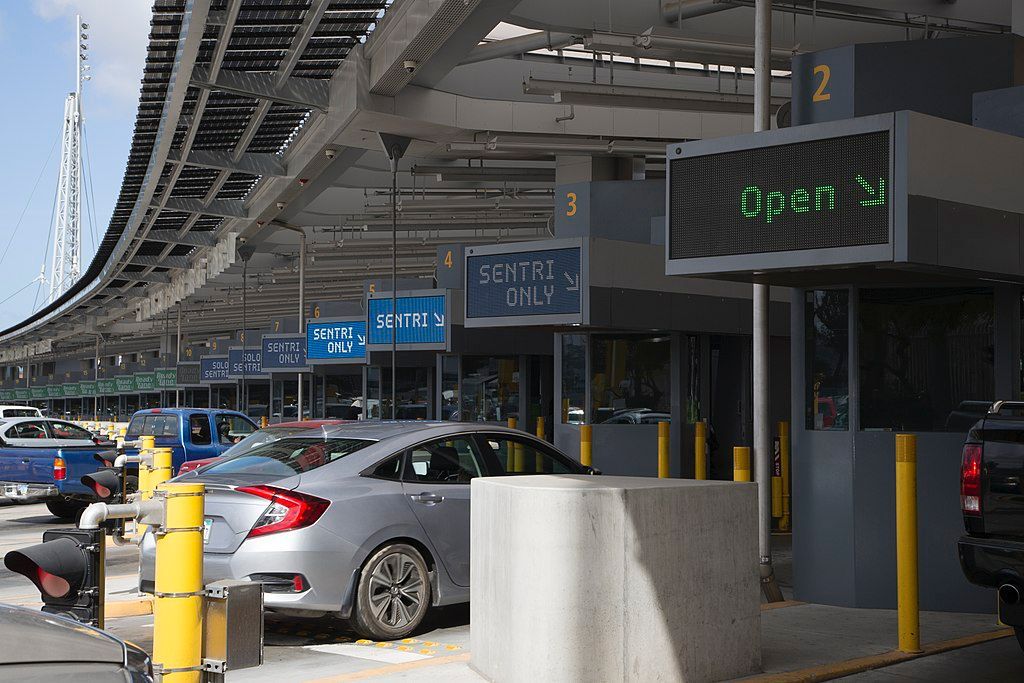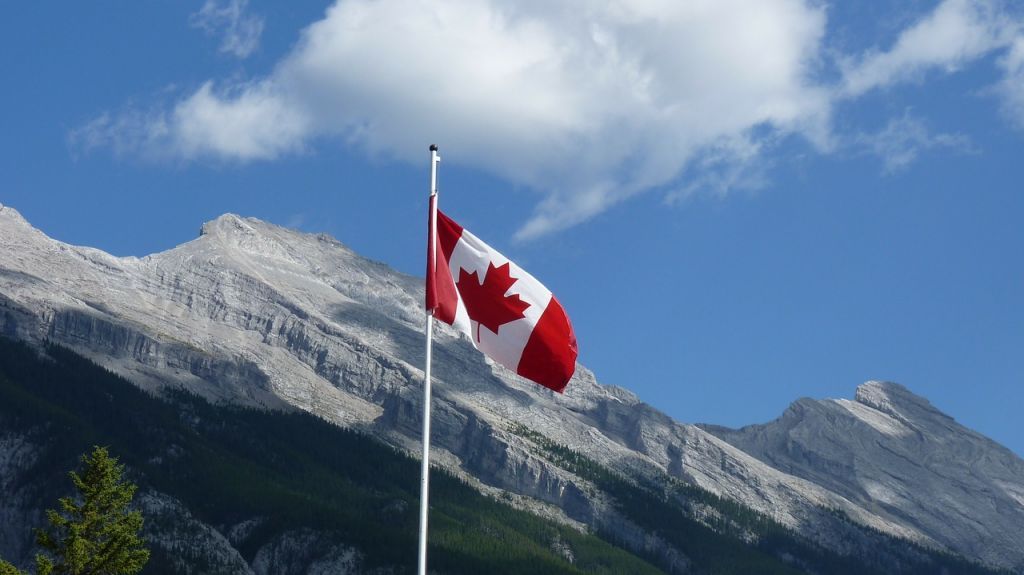The emergence of new COVID-19 strains in India could pose challenges for the restart and recovery of tourism.
India, which as of 21 April had the world’s second-highest number of COVID-19 cases after the US, has been reporting more than 200,000 daily cases since 14 April. Long-term travel risks could persist as patient numbers reportedly outstrip the availability of essential healthcare infrastructure.
Over the past week, New Zealand and the UK have announced a ban on passenger arrivals from India, and the US’s Centre for Disease Control & Prevention is advising even vaccinated individuals against travelling to India. In the UAE, newly announced rules mandate that Dubai-bound travellers from India carry polymerase chain reaction (PCR) test results received 48 hours prior to the flight, replacing the previous requirement of 72-hour validity for the pre-departure test report. Validity requirements for Abu Dhabi (96 hours) and Sharjah (72 hours) remain unchanged at present.
Neha Bhatia, Construction & Infrastructure Editor at GlobalData’s MEED, comments: “More than 8.5 million Indians resided in the GCC in 2018, according to data from the Indian External Affairs Ministry.
India’s double-mutation of the coronavirus could single-handedly delay near-term aviation recovery in the GCC, which counts Indian cities such as Mumbai and Kochi among the busiest international destinations – for direct as well as stopover flights – served by its three super-connectors. Ticket fares for flights between these cities and Dubai had already significantly declined due to COVID-19 and may further dwindle if the Indian healthcare situation worsens and stricter quarantine and curfew regulations are introduced.
Moreover, the Indian variant threatens the efficacy of existing vaccines, which could further impact passenger revenues as global airlines and airports centre reopening plans on ‘vaccine passports’ and the inoculation status of potential travellers.
Uncertainties in the Indian travel corridor follow a similar situation in the UK travel route, which also led to flight cancellations and passenger revenue deferments for airlines in the Gulf. The latest setback serves as a reminder that for regional super-connectors, the threat of COVID-19 still looms large a year after the pandemic first grounded aircraft.”










